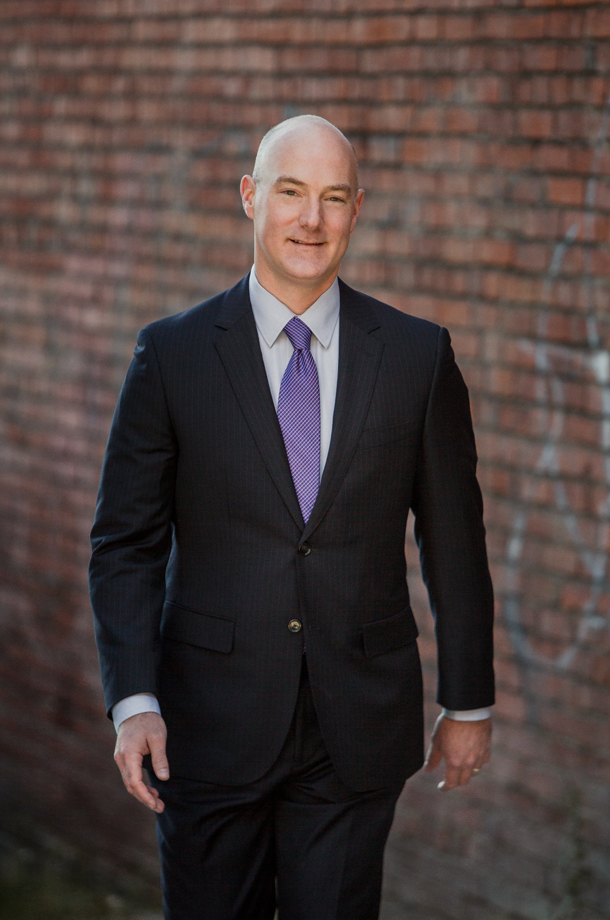A family member or friend has died and you are named as the executor and trustee under their will. You are flattered and honored, but you’ve never acted in this capacity before and you’re unsure of what exactly it means. One key thing you should be aware of is that, if you take the role, the law considers you to be a fiduciary –meaning your conduct will be held to high standards developed by the courts over many centuries.
The hallmarks of a fiduciary relationship, as summarized by the Supreme Court of Canada, are as follows:
- The fiduciary has scope for the exercise of some discretion or power.
- The fiduciary can unilaterally exercise that power or discretion so as to affect the beneficiary’s legal or practical interests.
- The beneficiary is peculiarly vulnerable to or at the mercy of the fiduciary holding the discretion or power.
Commonly recognized categories of fiduciary relationships include trustee/beneficiary, director/ corporation, lawyer/client, doctor/patient, and partners within a business partnership.
As an executor and trustee, your fiduciary obligations include the following:
- Take due care. In dealing with the estate, you must exercise an appropriate level of care, skill and diligence. You have to care for the trust property in the manner that a reasonably prudent person would care for the property of others for whom they felt a moral obligation to provide.
- Act in good faith. Your decisions must be based on proper considerations, and the interests of the beneficiaries. You can’t use your position to benefit yourself. You must scrupulously avoid entering into deals or arrangements that benefit you in some way or that would otherwise cause your personal interests to conflict with your position as trustee.
- Remain impartial. You can’t favour one beneficiary or group of beneficiaries over another, regardless of your personal feelings and alliances. If the interests of two groups of beneficiaries are in conflict – for example the deceased’s spouse is to receive trust income for life and his children receive the capital on her death – you must take particular care to balance their interests in an even-handed way.
A breach of a fiduciary obligation can have serious legal, financial and reputational implications. If you are finding it difficult to carry out these duties, or are not sure how they apply to you, ask for help.



